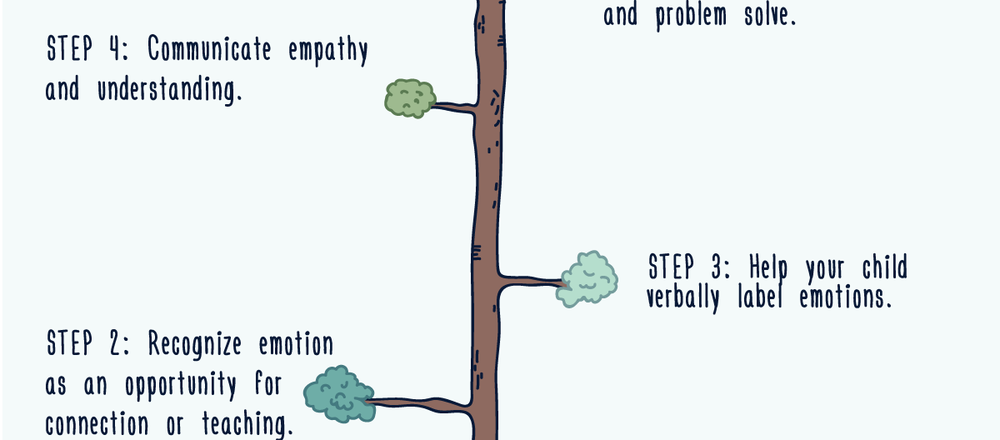Raising Emotional Intelligent Children

28th January 2023
What is emotional intelligence?
- Self-Awareness – To recognise your emotions and to understand why you feel that way. Being aware of how your emotions affects others. Know your values and beliefs.
- Self-Regulation – To understand and manage your feelings and behaviours.
- Motivation – To be resilient and driven to succeed from within.
- Empathy – To be aware of others’ feelings and responding in appropriate ways. To be a good listener.
- Social Skills – To be able to communicate effectively, be a good listener, to develop relationships and be able to solve conflict in relationships.
The Benefits of emotional intelligence
- Recognise and name theirs and others emotions
- Manage their own feelings
- Express anger and feel in appropriate ways
- Identify how other children may deal with situations
- Make and maintain friendships
- Start and have a conversation with others
- Overcome challenges and defuse conflicts
- Cooperate with others
- Ask for help
- Less social anxiety
- Better able to handle stress
- More positive feelings about self
- Better at sharing
How can parents help to develop their children’s emotional intelligence?
Dr Gottman has researched ways to help parents develop emotional intelligence. He found parents that follow the five steps of emotional coaching only use these steps 20 – 25% of time. There is no need to feel guilty if not following these steps all the time.
Emotional Coaching
1. Be aware of your child’s emotions.
- See emotions as an opportunity for connection and teaching.
- Listen and validate the feelings.
- Label their emotions.
- Help your child problem solve with limits.
https://www.gottman.com/blog/strengthen-childs-emotional-intelligence/
My parent workshop on Little People, Big Emotions has been sent out to parents. Please feel free to see me or send an email if you have any questions.
Ms Marina
Head of Early Years








